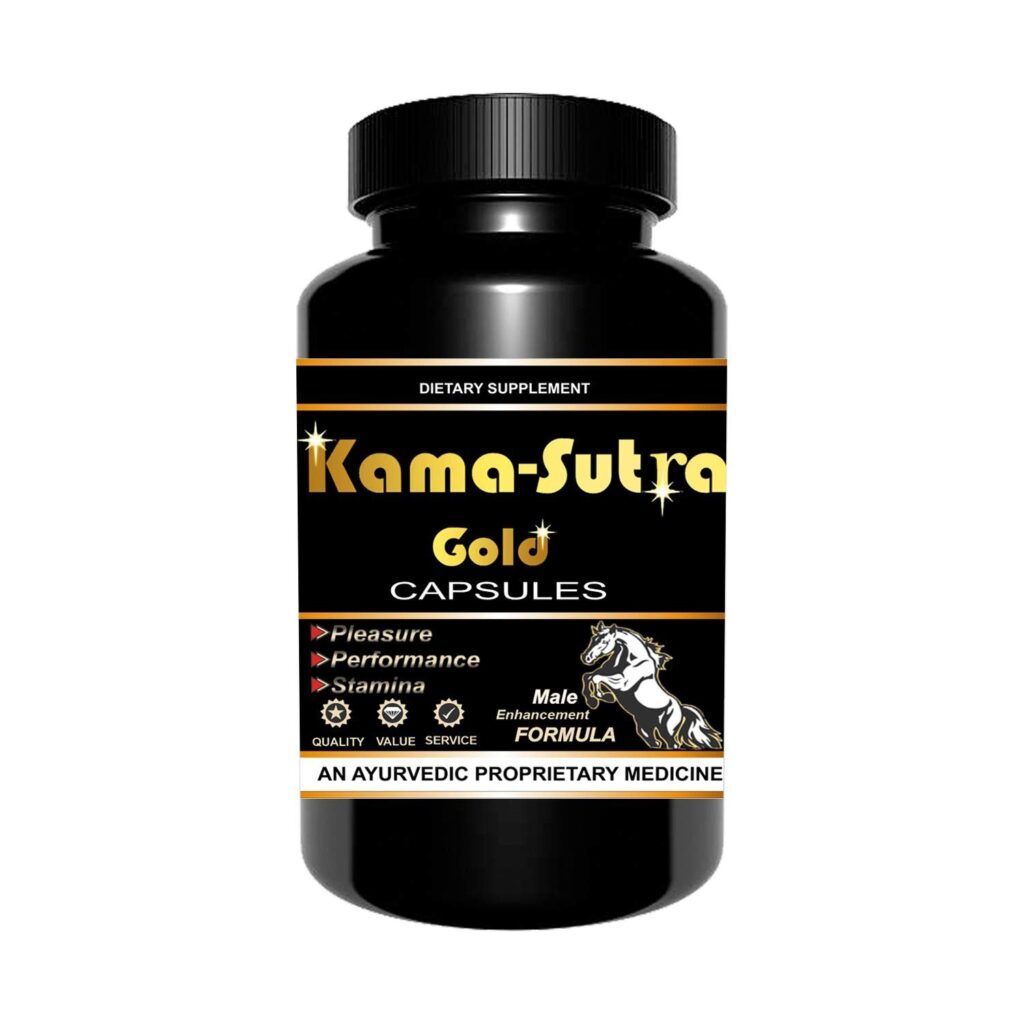Clove oil has been used for centuries to treat various dental issues. This natural remedy offers numerous benefits for your teeth and gums. Whether you are dealing with a toothache or looking to improve your oral hygiene, clove oil can be an effective solution.
Key Takeaways
- Clove oil can naturally relieve tooth pain.
- It helps reduce inflammation and fight bacteria.
- You can use clove oil in different ways, like mouthwash or toothpaste.
- Always follow safety guidelines when using clove oil.
- Choose high-quality clove oil for the best results.
The Benefits of Clove Oil for Teeth
Natural Pain Relief
Clove oil is well-known for its ability to provide natural pain relief. When you have a toothache, applying clove oil can help numb the area and reduce discomfort. This makes it a popular choice for those seeking a natural remedy for dental pain.
Anti-Inflammatory Properties
One of the amazing benefits of clove oil is its anti-inflammatory properties. It can help reduce swelling and irritation in your gums, making it easier to maintain good oral health. This is especially useful for people who suffer from gum inflammation or other related issues.
Antibacterial Effects
Clove oil is a potent antibacterial agent that can combat these bacteria effectively. This helps in keeping your mouth clean and free from harmful germs. Using clove oil can reduce the risk of infections and promote a healthier smile.
Clove oil is a versatile and natural solution for various dental issues, making it a valuable addition to your oral care routine.
How to Use Clove Oil for Dental Care
Applying Clove Oil Directly
To use clove oil directly, soak a cotton ball in a mix of clove oil and a carrier oil. Then, apply it to the affected tooth. This method can provide quick relief from tooth pain.
Using Clove Oil in Mouthwash
You can make a simple mouthwash by adding a few drops of clove oil to a glass of water. Swish this mixture around your mouth for about 30 seconds. This helps in reducing bacteria and keeping your mouth fresh.
Clove Oil Toothpaste
Mix a few drops of clove oil with your regular toothpaste or make your own by combining clove oil with baking soda and coconut oil. This can help in maintaining oral hygiene and fighting off germs.
Clove Oil for Toothaches
Immediate Relief Techniques
When a toothache strikes, clove oil can be a lifesaver. Applying a small amount directly to the affected area can provide quick relief. Simply soak a cotton ball in clove oil and place it on the sore tooth. This method helps to numb the pain and reduce discomfort almost instantly.
Long-Term Benefits
Using clove oil regularly can offer more than just immediate relief. It can help maintain overall oral health by reducing bacteria and preventing infections. Incorporating clove oil into your daily dental routine can lead to healthier teeth and gums over time.
Precautions and Safety
While clove oil is generally safe, it’s important to use it correctly. Overuse can lead to irritation or even damage to the gums. Always dilute clove oil with a carrier oil, like coconut oil, before applying it to your mouth. Additionally, consult with a dentist if you have any concerns or if the pain persists.
Clove oil is a natural remedy that can provide both immediate and long-term benefits for toothaches, but it’s crucial to use it safely and responsibly.
Clove Oil for Gum Health
Reducing Gum Inflammation
Clove oil is known for its ability to reduce gum inflammation. When applied to the gums, it can help soothe swollen and irritated tissues. This makes it a great natural remedy for those suffering from gingivitis or other gum-related issues.
Preventing Gum Disease
Using clove oil regularly can help prevent gum disease. Its antibacterial properties fight off harmful bacteria that can lead to infections and gum problems. Incorporating clove oil into your dental care routine can be a proactive step in maintaining healthy gums.
Promoting Overall Oral Hygiene
In addition to its benefits for the gums, clove oil promotes overall oral hygiene. It can be used in various forms, such as mouthwash or toothpaste, to keep your mouth clean and fresh. Regular use of clove oil can contribute to a healthier mouth and fresher breath.
Clove oil is a versatile and natural solution for improving gum health and maintaining good oral hygiene.
Potential Side Effects of Clove Oil
Allergic Reactions
Some people might experience allergic reactions when using clove oil. Symptoms can include skin rashes, itching, or even difficulty breathing. If you notice any of these signs, stop using the oil and seek medical help right away.
Overuse Concerns
Using too much clove oil can lead to problems. Overuse might cause damage to your gums or teeth. It’s important to use the oil in small amounts and not too often. Always follow the recommended guidelines to avoid any issues.
Interactions with Medications
Clove oil can interact with certain medications. If you are taking blood thinners or other drugs, talk to your doctor before using clove oil. This will help you avoid any unwanted side effects.
While clove oil has many benefits, it’s crucial to use it carefully to avoid any potential side effects.
Choosing the Right Clove Oil for Dental Use
Organic vs. Non-Organic
When selecting clove oil for dental care, you might wonder whether to choose organic or non-organic. Organic clove oil is made without synthetic chemicals, making it a safer option for your mouth. Non-organic clove oil, on the other hand, might contain residues from pesticides or other chemicals.
Concentration Levels
Clove oil comes in different concentration levels. It’s important to pick the right one for your needs. A higher concentration means more potency, but it can also be harsher on your gums and teeth. Start with a lower concentration and see how your mouth reacts before moving to a stronger one.
Trusted Brands
Choosing a trusted brand ensures you get a quality product. Look for brands that have good reviews and are known for their purity and effectiveness. Some brands even offer clove oil specifically formulated for dental use, which can be a good choice.
Always read the label and follow the instructions to avoid any potential side effects.
DIY Dental Care Recipes with Clove Oil
Homemade Clove Oil Mouthwash
Creating your own clove oil mouthwash is simple and effective. Mix a few drops of clove oil with water and use it to rinse your mouth. This can help reduce bacteria and freshen your breath.
Clove Oil and Coconut Oil Pulling
Oil pulling is an ancient practice that can improve oral health. Combine a teaspoon of coconut oil with a drop of clove oil. Swish this mixture in your mouth for about 10-15 minutes before spitting it out. This method can help remove toxins and reduce gum inflammation.
Clove Oil Toothpaste Recipe
Making your own toothpaste with clove oil is easy. Mix baking soda, a few drops of clove oil, and a bit of water to form a paste. Use this to brush your teeth as usual. This homemade toothpaste can help prevent gum disease and promote overall oral hygiene.
Using clove oil in your dental care routine can offer natural pain relief and antibacterial effects, making it a valuable addition to your oral health practices.
Discover the benefits of clove oil for your dental care routine with our easy DIY recipes. Clove oil is known for its natural pain-relieving properties and can help keep your teeth and gums healthy. Want to learn more? Visit our website for detailed guides and more health tips!
Conclusion
In summary, clove oil can be a great addition to your oral care routine. It has natural properties that can help with toothaches, fight bacteria, and keep your mouth healthy. While it’s not a replacement for regular dental visits, using clove oil can be a helpful way to take care of your teeth at home. Always remember to use it safely and talk to your dentist if you have any questions. By adding clove oil to your daily habits, you can enjoy a healthier smile.
Frequently Asked Questions
What is clove oil?
Clove oil is an essential oil made from the flower buds of the clove tree. It has a strong, spicy smell and is often used for its health benefits.
How does clove oil help with toothaches?
Clove oil has a natural compound called eugenol, which can numb pain and reduce swelling. This makes it useful for easing toothaches.
Can I use clove oil every day?
It’s best to use clove oil only when needed, like for pain or swelling. Using it too much can cause irritation or other problems.
Is clove oil safe for kids?
Clove oil can be strong, so it’s important to dilute it and use it carefully with children. Always check with a doctor first.
What should I do if clove oil irritates my mouth?
If clove oil causes irritation, stop using it right away and rinse your mouth with water. If the irritation continues, see a dentist or doctor.
Where can I buy clove oil?
You can find clove oil at health food stores, pharmacies, or online. Make sure to choose a high-quality product from a trusted brand.










